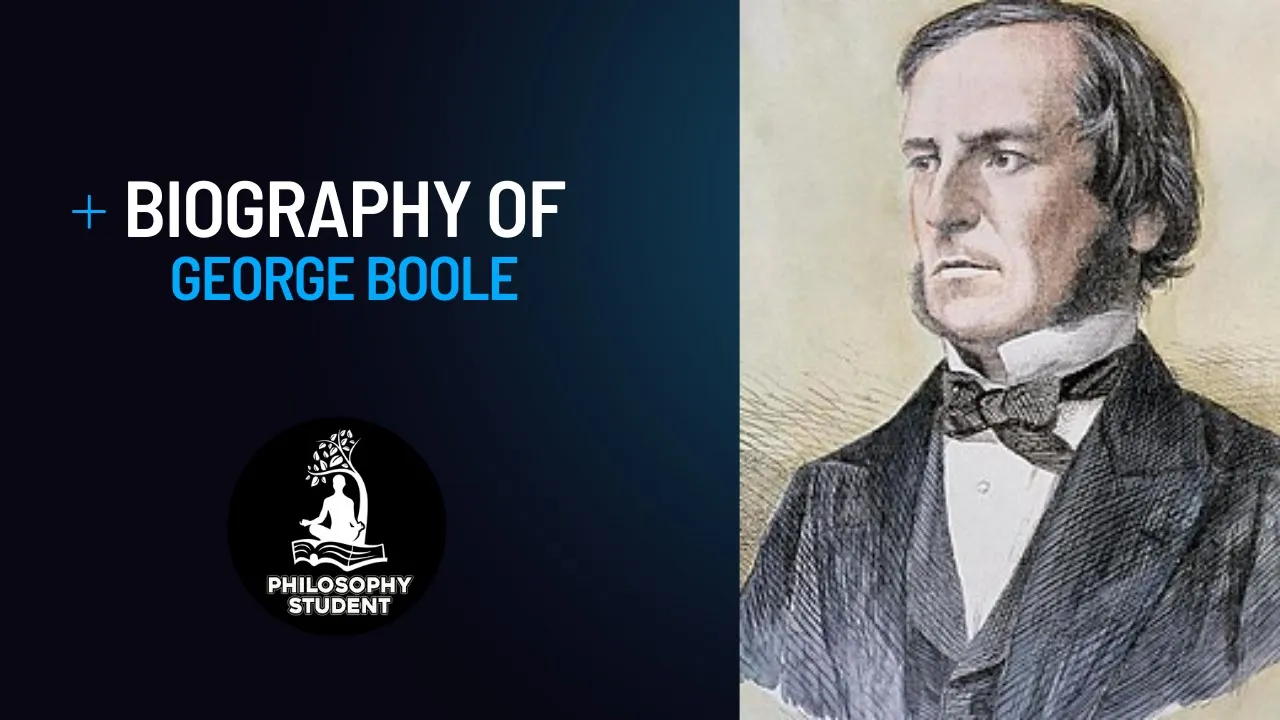George Boole was born on November 2, 1815 in Lincoln, England, into the family of a shoemaker, who had an avocational interest in technology and science. His family’s modest means kept young Boole from receiving formal education beyond primary school. Yet he would go on to create the algebraic tradition in logic, applying symbolic algebra—at the time, an emerging field—to logic. This turned Aristotelian logic on its head. Instead of learning and applying Aristotelian syllogisms to solve problems, Boole generated general algorithms using algebraic language and applied these to virtually any argument. He presented his work in two books, The Mathematical Analysis of Logic (1847) and The Laws of Thought (1854).
At sixteen, Boole began working as a teacher in local private schools, earning a small salary to support a family for which his father could no longer provide. Three years later, at the age of nineteen, he started his own small school in Lincoln, where he taught for fifteen years. In 1849, on the strength of mathematical papers he was publishing and his first book, Mathematical Analysis of Logic, the newly established Queen’s University in Cork, Ireland, appointed him to a professorship. Although his teaching responsibilities were heavy, he continued his own original research, working mostly on differential equations and the calculus of variations. In 1851, the University of Dublin awarded him an honorary LL.D.
degree, and he received an honorary DCL from Oxford eight years later.
His 1847 Mathematical Analysis of Logic was not intended to replace Aristotelian syllogistic logic but to systematize it and extend its applicability. The work introduced the concept of holistic reference, the principle that every proposition of number theory refers not only to the numbers it happens to mention but to the whole universe of numbers. This laid the foundation for much of modern logic. Boolean algebra, or Boolean logic, which was developed in the 1847 volume, was brought to intellectual maturity in The Laws of Thought (An Investigation of the Laws of Thought on Which are Founded the Mathematical Theories of Logic and Probabilities). Boolean algebra injected mathematics into logic by introducing variables that are the truth values true or false, which Boole represented as 1 and 0, respectively. Whereas basic algebra deals with numerical values and operates on them primarily with addition and multiplication, Boolean algebra operates with the conjunction (and, ∧), the disjunction (or, ∨), and the negation (not,¬).
Boolean algebra would become the foundation of computing and computer programming using the binary base, with values of 0 (to denote false) and 1 (to denote true). Thus, it is fair to say that this philosopher was a founder of computer science.
Boole was caught in a rainstorm while on his way to give a lecture. Soaked by the time he arrived, he did not change into dry clothes. He fell ill shortly after this and, on December 8, 1864, in Ballintemple, County Cork, succumbed to pneumonia. He was forty-nine.




































